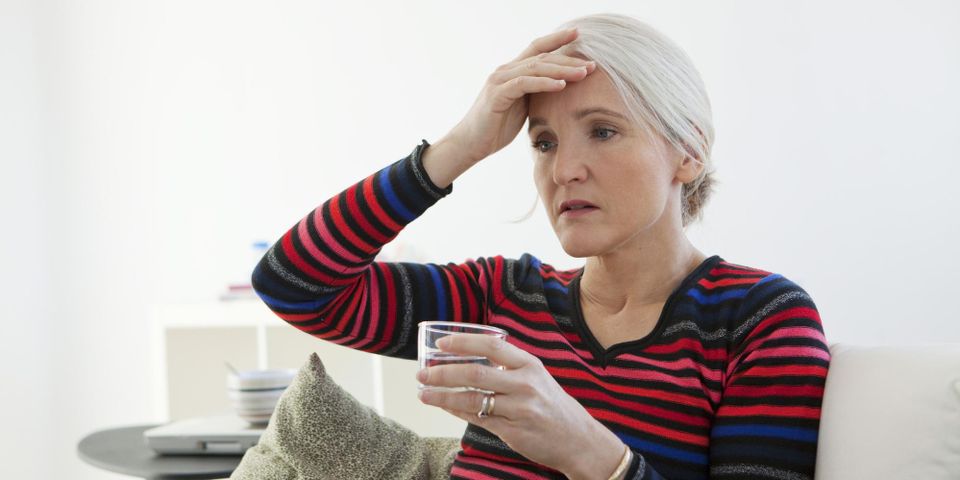4 FAQ About Menopause & Hormone Therapy

Every woman goes through menopause eventually, but the experience can be different from one person to another. If you’re over 50 years old, you may notice specific changes as a result of perimenopause or menopause. While these changes can be unpleasant, a doctor may recommend solutions, such as hormone therapy to make the process more bearable. Here are a few frequently asked questions about menopause.
What to Know About Menopause
What is menopause?
Menopause refers to a specific time when a woman has not menstruated for at least 12 months. This indicates a decrease in the hormones estrogen and progesterone and signals the ovaries are no longer releasing eggs.
Perimenopause can start several years before menopause. In this period, estrogen levels begin to drop, and you may experience menopause symptoms. For more people, menopause lasts four or five years in total.
What are the symptoms?
 The most well-known menopause symptoms are hot flashes and night sweats. You may also have trouble sleeping and experience depression and irritability, headaches, weight gain, fatigue, chills, and vaginal dryness and pain during sex.
The most well-known menopause symptoms are hot flashes and night sweats. You may also have trouble sleeping and experience depression and irritability, headaches, weight gain, fatigue, chills, and vaginal dryness and pain during sex.
Symptoms vary from one person to another. During perimenopause, your periods will become irregular, lighter, and shorter until they stop entirely.
Are there treatments?
Menopause isn’t an illness that requires a cure. However, there are ways to alleviate symptoms. Hormonal changes can have psychological and physical consequences. Antidepressants may improve your mood, and bioidentical hormones, which naturally mimic hormones, can be beneficial as well.
Hormone therapy may reduce hot flashes, vaginal dryness, and pain during sex. Your doctor may also recommend osteoporosis medication to keep your bones healthy and sleep aids to ease insomnia and sleep disruptions. Lifestyle changes, such as exercising for at least 30 minutes a day five times a week, can also be beneficial, helping elevate mood and maintain weight. Certain alternative medicines may be helpful, as well.
What is the hormone therapy process like for menopause?
Doctors may recommend hormone therapy involving the use of either estrogen alone or in combination with another hormone called progesterone—a synthetic form of progestin. These hormones help alleviate symptoms like vaginal dryness, urinary incontinence, and hot flashes.
Your doctor might suggest taking one dose daily or only at certain times of the month. There are various ways to administer these hormones, including topical ointments, pills, or intrauterine (IUD) devices.
If you’re experiencing menopause and are interested in trying hormone therapy to relieve your symptoms, turn to the trusted team at Summit Rejuvenation Centers. Based in St. Peters, MO, this center helps women with hormone therapy treatments, including estrogen replacement and hormone therapy. Call (636) 477-6167 to schedule an appointment or visit the website to learn more about how they can help you.
About the Business
Have a question? Ask the experts!
Send your question

